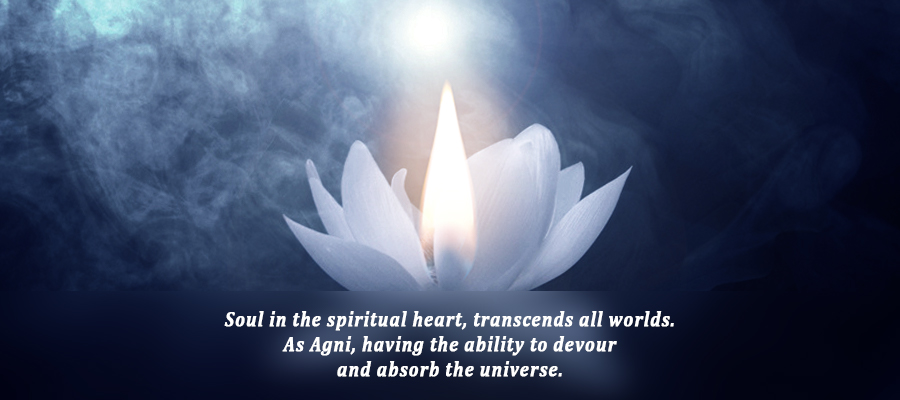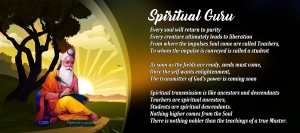Self-Inquiry and Other Meditation Practices
Self-inquiry, it should be noted, is a kind of mental activity, though of a special nature. It is not an attempt to suppress thought or to hold the mind in a blank or empty state, which can be another trap that prevents real transformation. Self-inquiry does not teach that all thought is bad but, in fact, that one form of thinking is necessary for liberation. It teaches us to use the mind in the right way, which is to turn it into a tool of inquiry. Self-inquiry requires much thoughtfulness, particularly in its preliminary phases, and the development of a strong mental discipline. Unless we have resolved our problems through deep examination it is useless, not to mention impossible, to stop the mind from thinking.
One may ask how Self-inquiry, a mental activity, can empty or silence the mind? Does not mental activity increase mental activity? It is not possible for the mind to be empty if its contents have not been released. Mental activity springs from a source, the “I-thought.” We must go to the root of something to change it. This is to return to the I-thought in order to go beyond all other thoughts. Holding to the I-thought destroys all other thoughts.
Hence Self-inquiry is not a kind of passive mindfulness in which we focus on being aware of something, like our breath, hands or an activity that we may be doing. Self-inquiry does not say “Be aware of your breath” but, rather, “Who is breathing?” or “Who is really alive?” It does not say “Be mindful of your body,” but rather asks “Are you the body?”
Similarly, Self-inquiry is not a form of concentration, in which we try to concentrate on one object, like a mantra, to the exclusion of all others. It is concentration on the Self where our attention automatically returns whatever else we may try to do. We cannot completely concentrate on anything else unless we first know ourselves. Otherwise the I-thought must arise and break the continuity of our concentration. Rather than fighting the I-thought and trying to return to an object of concentration, Self-inquiry concentrates on the I-thought to put an end to other thoughts.
Self-inquiry is also not an attempt to be good or to make ourselves better. It is questioning the reality of the entity who we think is either good or bad, can either improve or degenerate. It questions our efforts to be this or that and says that without knowing ourselves, without eliminating the root of the ego, it is of no lasting benefit to try to become anything, however great or noble.
Above all Self-inquiry is not an ordinary mental activity, a form of philosophical speculation or psychological analysis. It is not seeking any mental answer and has no conceptual result. While Self-inquiry leads to the absolute truth, which can be called the pure I or Self, the name is only a pointer. One can call it God, knowledge, enlightenment, Buddha or whatever one likes but it is not a state defined according to an idea, or in which mental recognition can occur. Self-inquiry is questioning of the validity of all entities and conclusions created by the mind.
This does not mean that practices like mindfulness, ethical disciplines, mantra, pranayama or the study of scriptures do not have their place, but that these are supportive to Self-inquiry or an alternative line of approach. To follow ethical disciplines, to place the body in a comfortable position, to deepen the breath, to withdraw the mind from sensory stimulation, to develop concentration and other yogic practices, should be done, but we should not stop there but proceed to Self-inquiry. Only a rare individual can proceed directly to Self-inquiry and even he or she can benefit by such preliminary practices.





